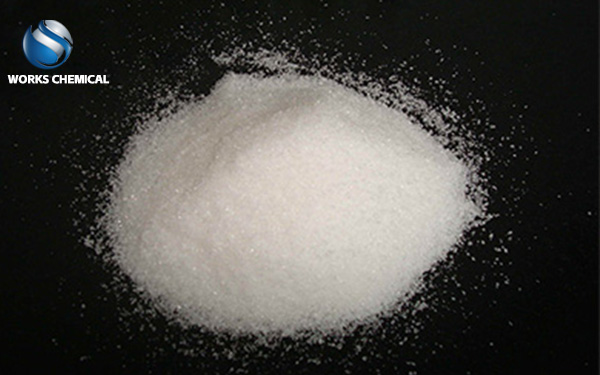
In the field of sludge treatment, the selection of conditioning agents is of vital importance. The right conditioner can significantly improve the dewatering performance of sludge, stabilize harmful substances, and reduce treatment costs, truly achieving twice the result with half the effort. This article will delve into the significance of sludge conditioning agents and particularly recommend the efficient solution of sludge efficiency enhancers.

I. Challenges in Sludge Treatment and the Importance of Conditioning Agents
Sludge treatment is a major challenge in the field of environmental protection. Sludge usually contains a large amount of water, heavy metals, toxic organic substances and other harmful substances. If not properly treated, it is very likely to cause secondary pollution to the environment. Meanwhile, the cost of sludge treatment is high, including expenses for equipment purchase, energy consumption, chemical agent consumption, and labor management. Therefore, how to improve the efficiency of sludge treatment and reduce costs has become an urgent problem to be solved.
Sludge conditioner plays a crucial role in sludge treatment. They can improve the physical and chemical properties of sludge, making it easier to dewater, stabilize and dispose of. By scientifically selecting conditioning agents, the efficiency of sludge treatment can be significantly enhanced, treatment costs can be reduced, and a win-win situation of environmental protection and economic benefits can be achieved.
Ii. The Mechanism of Action and Types of Sludge Conditioners
The mechanism of action of sludge conditioning agents is diverse, mainly including charge neutralization, adsorption bridging, net capture and sweeping, and biological flocculation, etc. According to the differences in action mechanisms and components, sludge conditioners can be classified into various types:
Inorganic conditioning agents: such as polyaluminium chloride (PAC), polymeric ferric sulfate (PFS), etc. Through the effects of charge neutralization and net capture sweeping, they destroy the colloidal structure of sludge, making it easier for sludge particles to aggregate and settle.
Organic conditioning agents: such as cationic polyacrylamide (CPAM), etc. They connect sludge particles into larger flocs through adsorption bridging, thereby enhancing the dewatering performance of the sludge.
Compound conditioning agents: The combined use of inorganic and organic conditioning agents can exert a synergistic effect and enhance the efficiency of sludge treatment.
Biological preparations: such as microbial agents, biological enzymes, etc. They decompose toxic organic substances in sludge through biodegradation, enhancing the stability and disposability of the sludge.
Iii. Sludge Enhancer: An Efficient Solution
Among various sludge conditioning agents, sludge efficiency enhancers stand out with their advantages of high efficiency, energy conservation and environmental protection. Sludge enhancer is a chemical agent specifically developed for sludge treatment. It can alter the surface structure of sludge, reduce the solid surface load of sludge, and destroy the structure of bacteria, thereby significantly improving the dewatering performance of sludge.
The main components of sludge enhancers include inorganic compounds, sludge surface structure modifiers, degreasing agents, cell wall disruptors, etc. These components work together to give the sludge enhancer the following significant advantages:
Efficient dewatering: Sludge enhancers can significantly reduce the moisture content of sludge, making it easier to dewater. By combining with equipment such as plate and frame sludge presses, the moisture content of sludge can be reduced from over 90% to 40%-60%, achieving a significant reduction in sludge volume.
Low dosage and low cost: The sludge enhancer features a small dosage of chemicals and low cost. It can break through the bottleneck of sludge dewatering, achieve efficient concentration and dewatering, and reduce treatment costs.
Wide application: The sludge enhancer is widely applicable to the dewatering and treatment of sludge in various industries such as daily life, printing and dyeing, papermaking, electroplating, chemical engineering, and leather. No matter how complex the composition of the sludge is, the sludge enhancer can always exert an excellent conditioning effect.
Customized services: Sludge enhancer suppliers usually offer customized services. Based on the specific components of the sludge and treatment requirements, they adjust the chemical formula and dosage to ensure the best treatment effect.
Iv. Conclusion
Choosing the right sludge conditioner is of vital importance for sludge treatment. Sludge enhancer, as an efficient, energy-saving and environmentally friendly sludge conditioner, has broad application prospects in the field of sludge treatment. By scientifically selecting sludge enhancers, the efficiency of sludge treatment can be significantly improved, treatment costs can be reduced, and a win-win situation of environmental protection and economic benefits can be achieved. In the future, with the continuous improvement of environmental protection requirements and the continuous progress of technology, sludge enhancers will play a more important role in the field of sludge treatment.